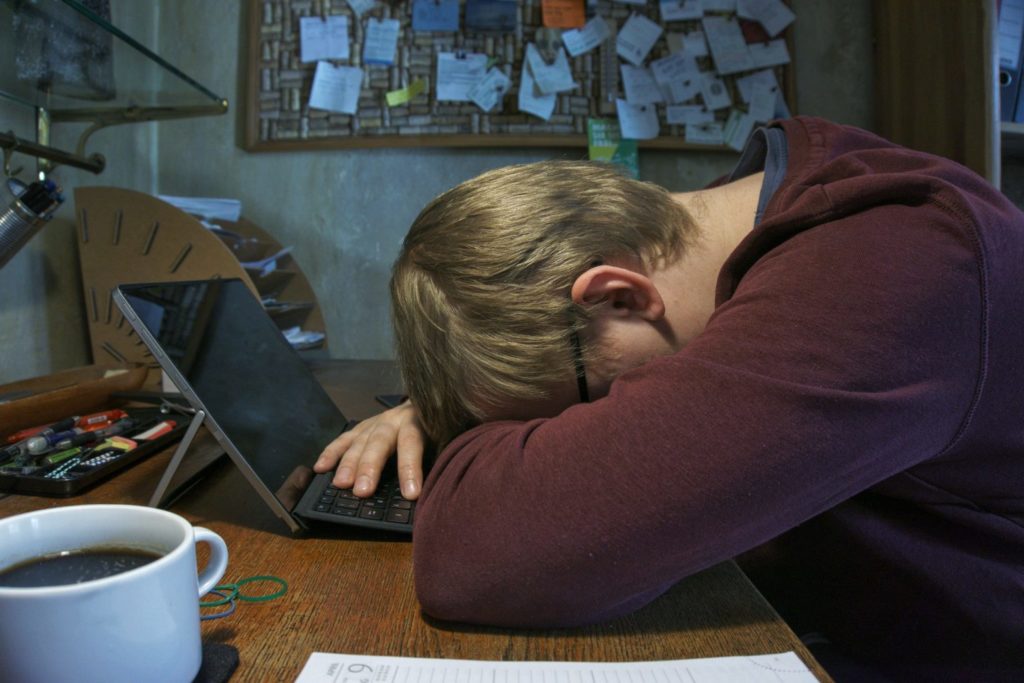While those who are self-employed typically have a reputation for being dynamic and entrepreneurial, the mental well-being of small-scale self-employed people is, on average, the worst of all working people in Belgium, research shows.
Precarious working conditions among self-employed workers – especially those who depend on only one client, those who are self-employed because they could not find other work, and small store owners or farmers – can have serious consequences for their mental well-being.
"Since the 1980s, an enormous revolution has taken place. Not only has the number of self-employed people changed, but the internal composition of that group has taken on a whole new face," said Jessie Gevaert, occupational sociologist and researcher at the Brussels VUB university, in a press release.
The bad mental well-being in this newer group contrasts sharply with other self-employed groups – including stable self-employed workers without staff (such as freelancers with a sought-after skill set) or owners of medium- to large-scale enterprises – who score particularly well on mental well-being.
Accumulating adverse conditions
Gevaert’s research suggests that job quality plays an important explanatory role in the differences in mental well-being, and points to the existence of a “traditional” and a “contemporary” type of self-employment person.
The former are mainly those with a limited to large workforce in sectors such as retail, agriculture and industry, while the latter are mainly self-employed people without staff, in sectors not historically associated with self-employment such as the service sector.
However, there is also a large difference in working conditions within these groups: among a significant group of self-employed people, researchers found an accumulation of socioeconomic vulnerability and unfavourable working conditions.
Many of these concern precarity, due to various factors – such as insecurity and low income, low decision-making authority, physically demanding work and lack of social support. Additionally, several of these adverse working conditions often seem to coincide. The researchers found a particularly strong relationship with reduced mental well-being for those with accumulating adverse work conditions.
Related News
- Mental health research in Belgium remains 'significantly underfunded'
- Belgium sees faster rise in foreign self-employed people than national ones
- 69% of self-employed people happier since quitting as employees
"What is particularly striking is not only that this accumulation of disadvantageous working conditions occurs in new forms of self-employment, but that traditional self-employed workers in, for example, agriculture or retail also struggle with precarious work," Gevaert said.
"Yet there, too, we noted an important difference. Whereas the former group often struggles with financial insecurity, the latter group mainly struggles with work intensity."
According to Gevaert, the study shows that, to address poor mental well-being among these groups of self-employed workers, their employment terms and intrinsic working conditions must be improved.
"Much more than pushing people in the direction of entrepreneurship, we need to focus on creating conditions for quality and sustainable entrepreneurship," she said. "The government can play an important role here."
The study specifically argues for investment in affordable and accessible training for the self-employed and in setting up collaborative networks. Other steps considered crucial to ensure the mental well-being of the self-employed are improving social and income protection and rethinking policies around labour market activation.

